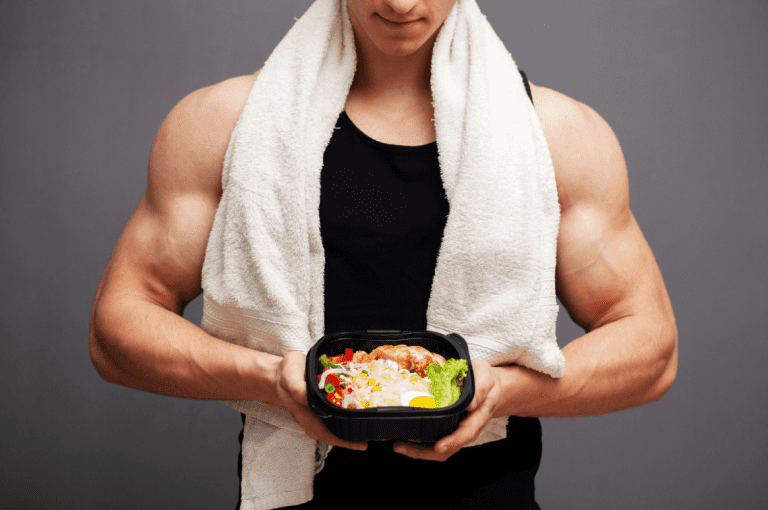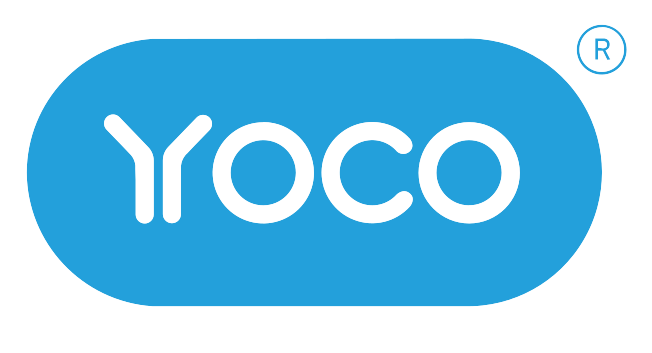Bulking Nutrition 101: Crafting a Diet Plan for Muscle Gain

When aiming to build muscle, nutrition plays a pivotal role in your workout routine. While lifting weights and staying active are essential for muscle growth, what you eat is just as crucial. Welcome to Bulking Nutrition 101, where we’ll guide you through the ins and outs of crafting a diet plan that promotes muscle gain. Let’s dive into the key components: calorie surplus, macronutrient ratios, meal timing, and food choices.
Understanding Caloric Surplus
To gain muscle mass, you need to consume more calories than your body burns. This is known as a caloric surplus. The amount of surplus varies from person to person, but a good rule of thumb is to increase your daily caloric intake by 250 to 500 calories. This gradual approach minimizes fat gain while optimizing muscle growth.
Calculating Your Caloric Needs
To determine your caloric needs, you can use the following formula:
- Calculate your Basal Metabolic Rate (BMR): This is the number of calories your body needs at rest.
- Factor in your activity level: Multiply your BMR by an activity factor (1.2 for sedentary, 1.375 for lightly active, 1.55 for moderately active, and 1.725 for very active).
- Add your surplus: Finally, add 250-500 calories to this number for your bulking diet.
Macronutrient Ratios: The Building Blocks of Bulking
Once you’ve established your caloric needs, the next step is to determine your macronutrient ratios. A well-balanced bulking diet typically consists of:
- Protein: 25-30% of total calories
- Carbohydrates: 50-60% of total calories
- Fats: 15-25% of total calories
The Importance of Each Macronutrient
- Protein: Essential for muscle repair and growth. Aim for 1.2 to 2.2 grams of protein per kilogram of body weight. Incorporate sources like lean meat, poultry, fish, eggs, dairy, legumes, and protein supplements.
- Carbohydrates: Your primary source of energy, especially for intense workouts. Focus on complex carbs like whole grains, fruits, vegetables, and legumes to fuel your training sessions and replenish glycogen stores.
- Fats: Important for hormone production and overall health. Include healthy fats from sources like avocados, nuts, seeds, and olive oil, while keeping saturated fats to a minimum.
Meal Timing: Optimize Your Nutrition
Timing your meals can maximize muscle protein synthesis and performance. Consider the following:
- Pre-Workout: Consume a meal rich in carbs and protein 1-2 hours before your workout to fuel your session. A banana with peanut butter or a protein smoothie can work wonders.
- Post-Workout: After training, aim to eat a meal within 30-60 minutes. This meal should contain protein and carbs to aid recovery. A chicken wrap with whole grain tortillas or a protein shake with oats can be effective.
- Frequent Meals: Eating 5-6 smaller meals throughout the day can help maintain energy levels and provide a steady stream of nutrients to support muscle growth.
Food Choices: What to Include in Your Diet
When bulking, focus on nutrient-dense foods that promote muscle gain. Here’s a list of recommended options:
- Proteins: Chicken breast, turkey, lean beef, eggs, fish, Greek yogurt, legumes, and protein powder.
- Carbohydrates: Quinoa, brown rice, oats, sweet potatoes, whole grain bread, fruits, and vegetables.
- Fats: Avocados, nuts, seeds, olive oil, and fatty fish like salmon.
Sample Meal Plan for Bulking
Here’s a sample meal plan to help you get started on your bulking journey:

Breakfast
- Scrambled eggs (3 whole eggs, 2 egg whites)
- 1 cup of oats with banana and honey
- 1 tablespoon of peanut butter
Snack
- Greek yogurt with mixed berries and a handful of almonds
Lunch
- Grilled chicken breast
- 1 cup of brown rice
- Steamed broccoli with olive oil
Pre-Workout Snack
- Whole grain toast with avocado and turkey slices
Post-Workout Meal
- Protein shake with a banana and oats
Dinner
- Baked salmon with quinoa and asparagus
- Side salad with mixed greens and olive oil dressing
Evening Snack
- Cottage cheese with pineapple or a protein bar
Conclusion
Crafting a diet plan for muscle gain is about understanding your caloric needs, macronutrient ratios, and meal timing. By focusing on nutrient-dense foods and maintaining a consistent eating schedule, you can optimize muscle growth and fuel your workouts. Remember, bulking is a journey, and patience is key. Adjust your diet as necessary, and soon you’ll see the results of your hard work both in the gym and at the dinner table.
For more tips and resources on muscle gain, visit Alpha Anabolics and start your journey today!


